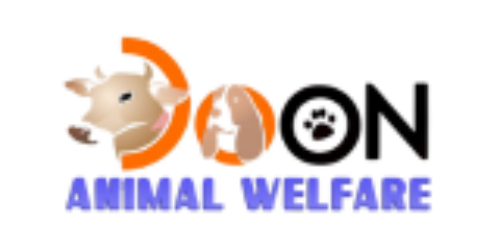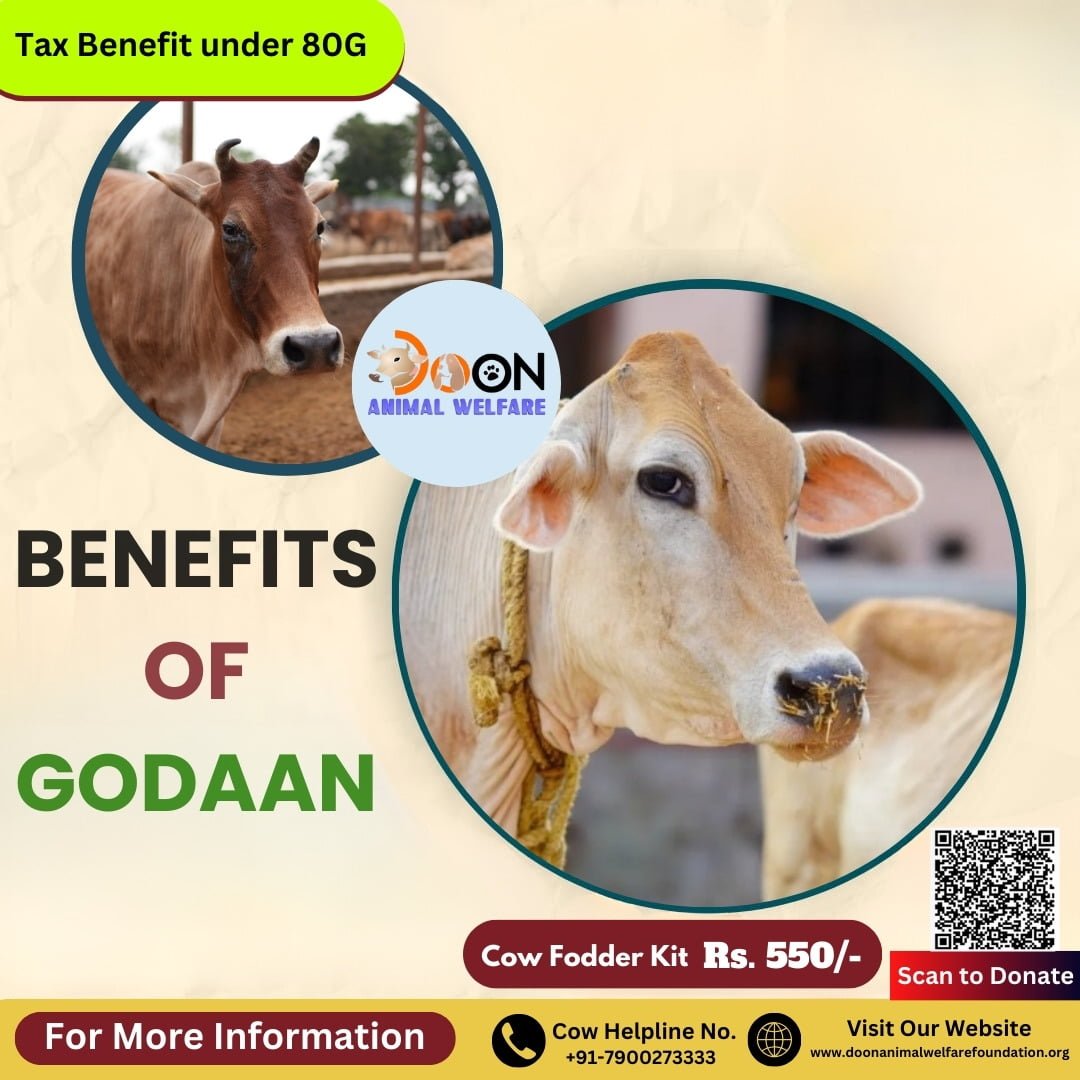Benefits of Godaan
Godaan, or the act of Donating a cow, is a revered tradition in Hindu culture. This practice holds deep spiritual, social, and environmental significance. Let’s explore why Godaan is considered so important and the benefits it brings to individuals and the community.
1. Spiritual Benefits
In Hinduism, cows are seen as sacred animals, symbolizing selfless giving and compassion. By donating a cow, individuals seek to gain spiritual merit and blessings. The cow, often referred to as “Kamadhenu” or the wish-fulfilling cow, is believed to bring prosperity, peace, and happiness to the donor’s life.
- Attaining Moksha: Many Hindus believe that performing Godaan helps in achieving Moksha, or liberation from the cycle of birth and death. This act is seen as a way to cleanse one’s sins and attain a higher spiritual state.
- Divine Blessings: Donating a cow is thought to please the gods, especially Lord Krishna, who is often depicted with cows. This brings divine blessings, ensuring the well-being and prosperity of the donor and their family.
2. Social Benefits
Godaan is not just a religious act but also a social one. It promotes the values of charity, compassion, and community support.
- Helping Farmers: In rural areas, cows are an essential part of a farmer’s livelihood. By donating a cow, you directly help a farming family, providing them with a source of milk, dung, and even income. This can significantly improve their living conditions.
- Encouraging Generosity: Acts of giving, like Godaan, encourage a culture of generosity and kindness within the community. It teaches the importance of helping others and sharing resources with those in need.
3. Environmental Benefits
Cows play a crucial role in maintaining ecological balance. Their presence and activities can have several positive effects on the environment.
- Organic Farming: Cow dung is a valuable natural fertilizer. It enriches the soil, promoting healthy crop growth without the need for harmful chemicals. This leads to more sustainable and eco-friendly farming practices.
- Biogas Production: Cow dung can also be used to produce biogas, a renewable source of energy. This helps reduce dependence on fossil fuels, cutting down pollution and conserving natural resources.
4. Economic Benefits
The economic advantages of Godaan extend beyond the immediate benefit to the recipient family.
- Dairy Products: A cow provides a steady supply of milk, which can be used to make various dairy products like butter, cheese, and yogurt. These can be sold or used to improve the diet of the family.
- Employment Opportunities: The maintenance of cows and the production of dairy products can create job opportunities in rural areas. This can help boost the local economy and reduce poverty.
Conclusion
Godaan is a practice rich in benefits, touching upon spiritual, social, environmental, and economic aspects of life. By donating a cow, individuals not only seek divine blessings but also contribute to the well-being of their community and the environment. It’s a beautiful tradition that embodies the spirit of giving, compassion, and sustainability, making it relevant even in today’s world.
Also check out our Youtube Channel










Leave A Comment